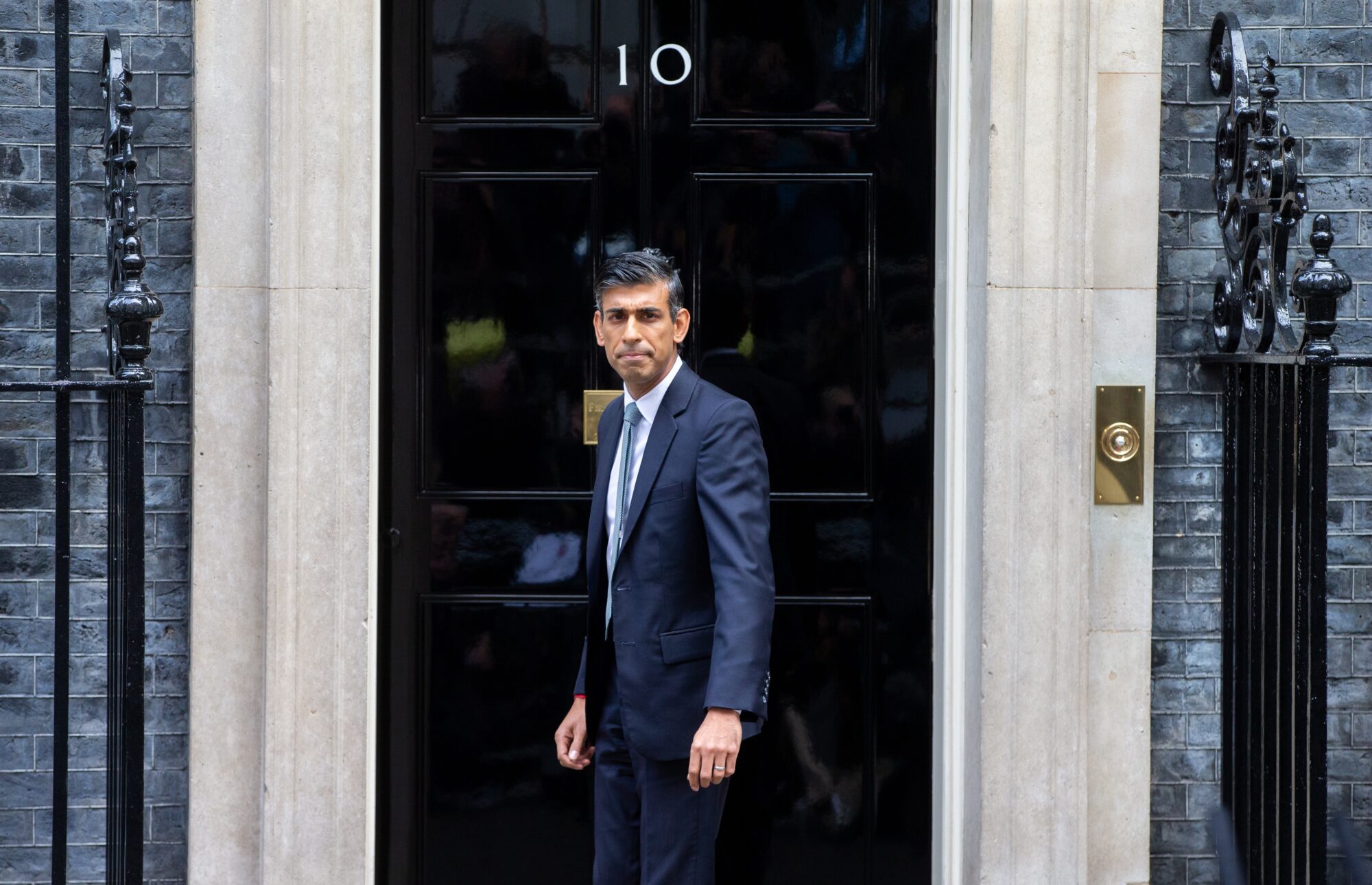
Photo: I T S / Shutterstock.com
The suggestion that Rishi Sunak’s new cabinet would be more unified than the last had legs for about a week before headlines started pointing to a split.
On Monday, just seven days after the prime minister sacked Suella Braverman and welcomed David Cameron (now ennobled as Lord Cameron of Chipping Norton) to the Tory top team, The Times warned of an impending “cabinet row” over the failed ‘Rwanda Plan.’
The Supreme Court said the plan could not go ahead because it would risk asylum seekers sent to the African nation being forced back to their country of origin and was thus in breach of national and international law.
Sunak responded that he would introduce emergency legislation designating Rwanda as a safe country for deportation and, if necessary, blocking off the European Convention on Human Rights (ECHR). He has still been unable to guarantee any deportations before the next general election, due next autumn.
Despite “stopping the boats” used by illegal migrants to enter Britain being one of the prime minister’s “five key priorities” for 2023, it appears as though he is facing opposition not just from the courts but from the government itself.
On plans to ignore both the ECHR and the Human Rights Act in order to move forward with plans to stop illegal migration, the Times reports:
Cabinet ministers, including the home secretary James Cleverly, Victoria Prentis, the attorney-general, and Alex Chalk, the justice secretary, are said to have reservations about a hardline approach. One senior government source described the strategy as “mad,” saying the courts would go “ballistic” and questioning whether Sunak would be willing to endorse it.
The now-Lord Cameron is also said to have “significant reservations.” We previously reported that his position in cabinet meant that Britain leaving the ECHR was, in the words of his former chancellor, “off the table.” “Several” ministers would also likely quit were an exit from the convention to be pursued.
The suggestion the Tories might bring us out of the ECHR is ridiculous.
— Michael Curzon (@MichaelCurzon_) November 17, 2023
Cameron’s appointment, said George Osbourne, means leaving is “off the table.” Reports say “several” other ministers would step down if we left.
It's just talk.@EuroConOfficial https://t.co/mJ6rX17ji5
On the other end of the scale, Tory Deputy Chairman Lee Anderson, who, like “common sense tsar” Esther McVey, is quite clearly only allowed near the party’s leadership as a token gesture to the Conservative ‘rightist’ factions, urged ministers to “ignore” the Supreme Court and get planes in the sky. In its response to Anderson, the government made it quite clear that it was much more likely to ignore him.
It is no wonder, then, that a figure who visits the Calais migrant camp regularly this month told the press:
I’ve not met a single migrant who believes they’ll ever be deported to Rwanda. They’ll cross the Channel anyway. They’ve come all this way … they’re not going to turn around because of some far-fetched threat.
